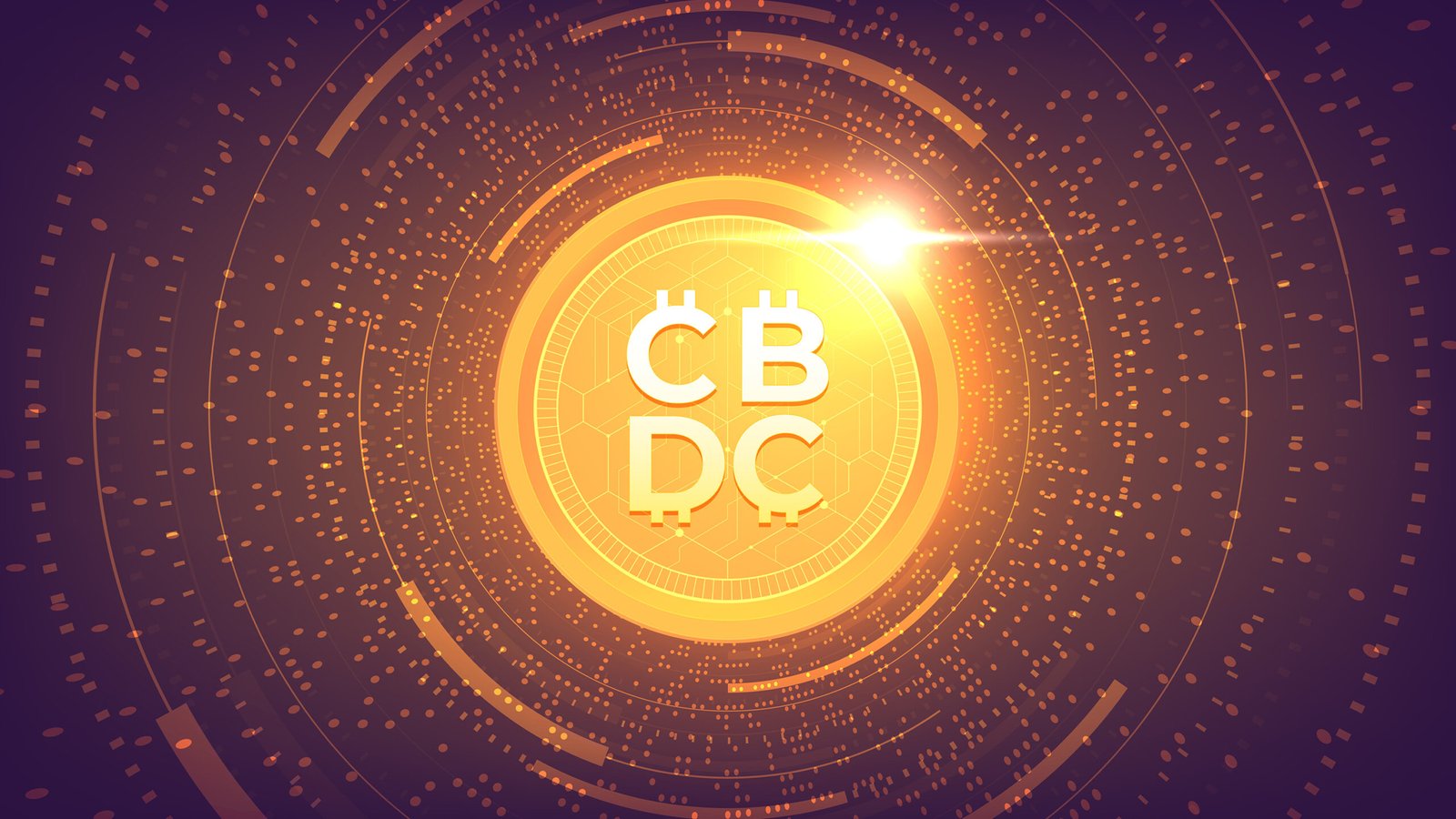Blockchain technology is fast-changing the scene of global payments. It has become a transforming tool as companies and financial institutions search for quicker, safer, and reasonably priced methods of moving money overseas.
Blockchain’s distributed character removes middlemen, lowers transaction fees, and improves openness, providing the perfect answer for world payments. This paper investigates how blockchain transforms payments globally, its advantages, difficulties, and the future of distributed finance (DeFi) in the global economy.
Inefficiencies in Traditional Cross-Border Payments
Inefficiencies have long troubled conventional cross-border payments. Many times, transactions include hefty fees and take several days to finalize, including several intermediaries. Dependency on correspondent banking networks introduces complexity and raises the chances of mistakes and delays. Furthermore, changes in currency values and legal obstacles complicate the procedure. These difficulties drive a desire for a more effective system, one that blockchain technology seeks to solve.
Blockchain Instant and Transparent Transactions
With a distributed ledger that logs events in real time, blockchain gives openness and lessens the need for outside validation. Blockchain is transforming world payments in certain main respects, as follows:
Unlike conventional banking systems, Blockchain Frees Grassroots allows almost instantaneous settlements, whereby cross-border transactions might take days. Without depending on banking intermediaries, cryptocurrencies and stablecoins like Bitcoin (BTC), Ethereum (ETH), and USDC allow almost immediate value movement across borders.
Blockchain Cutting Costs in Global Payments
Banks and other financial establishments levy hefty fees for foreign transactions. Blockchain drastically lowers many intermediaries, cutting related expenses. Smart contracts allow payments to be carried out automatically when pre-defined criteria are satisfied, saving administrative costs and removing the need for hand processing.
Blockchain Secure and Fraud-Resistant
Because blockchain-enabled gold transactions are encrypted and unchangeable, fraud and cybercrime risks are lessened. Every transaction is noted on a distributed ledger, guaranteeing traceability and openness. Businesses and people handling significant overseas transactions significantly benefit from this degree of security.
Blockchain Expanding Financial Access
Many underdeveloped nations still lack easy access to banking services. Digital wallets and blockchain-based payment systems give people without access to traditional institutions another choice. By allowing individuals to send and receive money with less infrastructure, mobile-based blockchain payments help to close the financial disparity in underdeveloped areas.
CBDCs & Stablecoins The Future of Payments

Governments and financial organizations are increasingly looking at central bank digital currencies (CBDCs.) to improve payment systems. To enable speedier and more seamless transactions, nations, including China, the United States, and the EU, are creating digital versions of their national currencies. Attached to fiat money, stablecoins provide stability while still leveraging blockchain technology.
Key Players Driving Blockchain Payments
Several firms and financial institutions are using blockchain to expedite worldwide payments.
- Ripple (XRP) is enabled for banks and other financial institutions by RippleNet, which uses blockchain real-time cross-border transactions. Its XRP token lowers settling times and helps with liquidity.
- Both Visa and Mastercard are using blockchain technology to improve digital payments.
- Recently, Mastercard declared a drive towards blockchain-based transactions to increase security and speed.FINTECHNEWS.
- Using digital assets, IBM’s blockchain system lets financial institutions instantly clear and settle cross-border payments.
Challenges of Blockchain in Global Payments
Notwithstanding its benefits, blockchain has numerous obstacles to being widely adopted:
- Regulatory uncertainty
- Governments worldwide are still crafting rules for blockchain-based payments and cryptocurrencies. Compliance with anti-money laundering (AML) and know-your-customer (KYC) rules differs among countries, generating confusion for companies.
- Scalability problems
- Scalability challenges for public blockchain systems like Bitcoin and Ethereum cause slower transaction rates and higher fees during periods of maximum demand. Aiming to solve these difficulties, layer-2 scaling solutions and alternative blockchain networks like Solana and Polygon
- Variability of cryptocurrencies
- Because of their price volatility, cryptocurrencies are less appealing for regular transactions. Though their regulatory status and long-term viability still raise questions, stablecoins linked to fiat currencies help mitigate this problem.
- Energy Consumption
- Some blockchain systems—especially proof-of-work (PoW) blockchains like Bitcoin—consume a lot of energy. In response to this environmental impact, more energy-efficient consensus systems, such as proof-of-stake (PoS), have been adopted.
Future of Blockchain in Global Payments
Blockchain technology will become an essential component of the global payments ecosystem. Several trends show its increasing acceptance:
- Interoperability Between Blockchain and Traditional Finance: Banks and financial organizations are progressively working with blockchain networks to improve transaction efficiency. Blockchain’s interaction with current financial systems will propel more general acceptance.MASTERCARD.
- Smart contracts and DeFi: Decentralized finance (DeFi) apps use blockchain to provide financial services free from intermediaries. By automating complex financial arrangements, smart contracts improve accessibility and help lower expenses.
- The general acceptance of CBDCs: Blockchain will be vital in allowing safe and effective government-backed digital payments as central banks keep creating digital currencies.
Final Thought
Blockchain technology is transforming worldwide payments by providing faster, less expensive, and more secure transaction options. Although scalability and legal uncertainty exist, continuous technical development and institutional acceptance open the path for a dispersed financial future.
Governments, companies, and financial institutions must work together to fully utilize blockchain technology and build an efficient global payment system that is efficient and inclusive of all people. The adoption of blockchain technologies drives the globe toward a more linked and financially inclusive future in which cross-border transactions are instantaneous, safe, and available to all.









